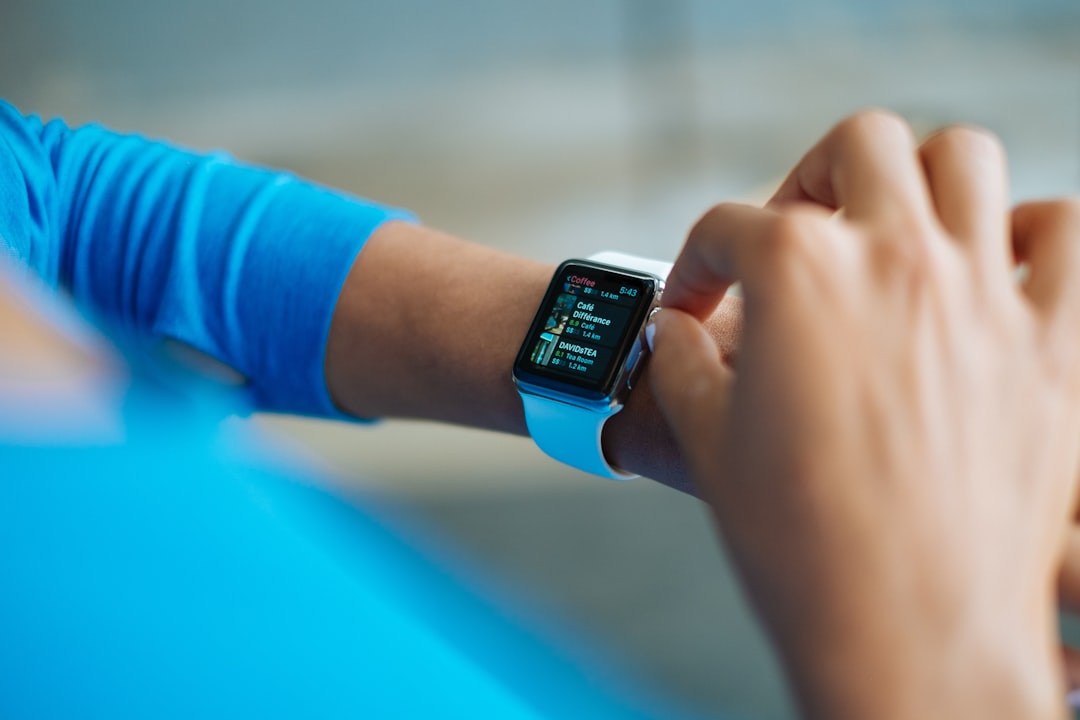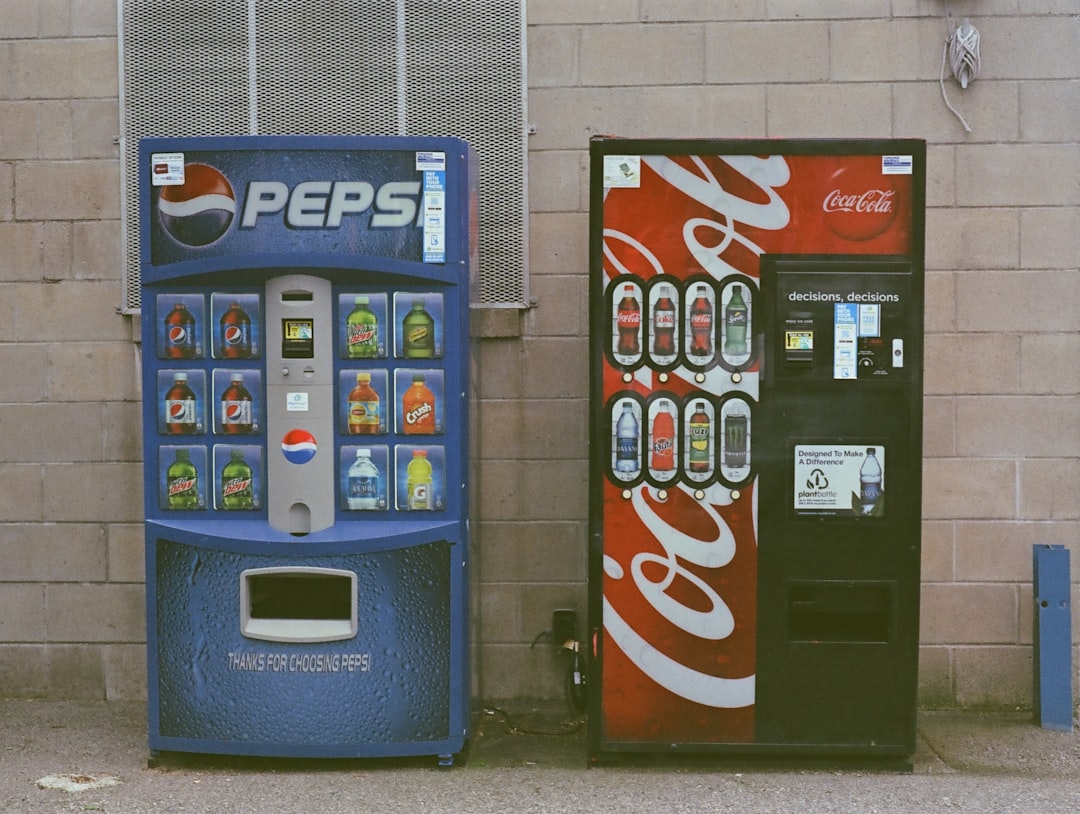What is it about?
Paramedics often perform CPR on people who have reached the natural end of their life and have no chance of survival. We have shown the Clinical Frailty Scale is a good tool to recognise patients who would not benefit from CPR in the in-hospital setting.
Featured Image

Photo by Maxence Commun on Unsplash
Why is it important?
If appropriate, CPR is a vital treatment required to survive a cardiac arrest. If the patient does not stand to benefit it creates a violent, undignified, and sometimes prolonged death, is traumatic for family to witness, and can cause moral harm to the clinicians performing it. Barriers to appropriate decision making include poor training and fear of disciplinary action. The Clinical Frailty Scale may provide Paramedics an objective, evidenced based tool to aid in appropriate decision making.
Perspectives
Further research will be required to validate these finding in the out-of-hospital cardiac arrest setting, however I hope the concept of an objective tool, partnered with a good understanding of a patient's wishes, will give my colleagues more confidence to challenge harmful practices. It's been a pleasure working with Neil and Troy and I look forward to working with them on future projects.
Michael Ash
Scottish Ambulance Service
Read the Original
This page is a summary of: Can the Clinical Frailty Scale predict futility in out-of-hospital cardiac arrest?, Journal of Paramedic Practice, February 2024, Mark Allen Group,
DOI: 10.12968/jpar.2024.16.3.96.
You can read the full text:
Contributors
The following have contributed to this page










